Writing Music and Finding Social Justice With 'BLK: The Untold Story'
Music and social justice belong together.
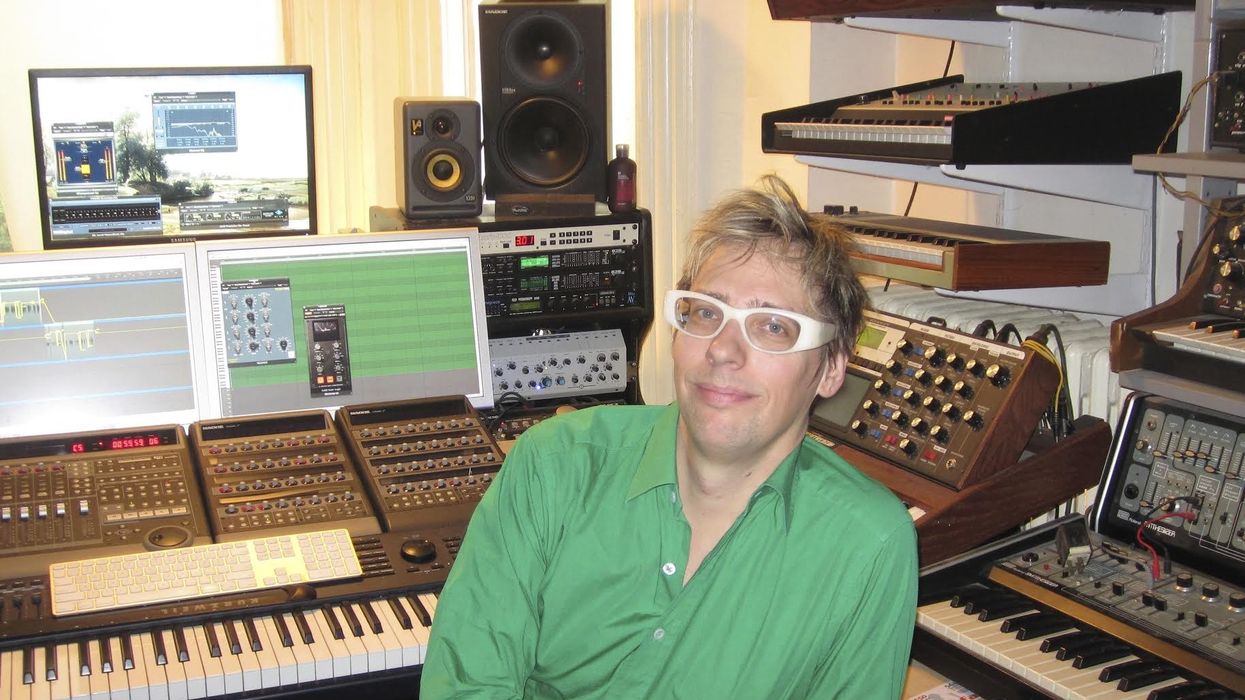
This post was written by Tom Third.
I split my time writing music for both drama and documentary and in the documentary world, primarily explorations of social justice. Those just seem to be the kind of projects that come my way, and while it’s always a pleasure to work on films meant to inspire change in the wider world, it’s a little terrifying too. Working in fiction offers a kind of creative cover and safety.
It’s all make-believe, after all, and anything goes. Not so in documentaries, where we are dealing with real people, in real situations, and the music seems to carry a greater responsibility to somehow tell the truth.
BLK: An Origin Story is one of these kinds of documentaries. A privilege to work on and a real challenge, too. Spread across four episodes, It re-examines the history of the black experience in Canada, beginning in the War of 1812, continuing with the aftermath of the American Civil War, through the jazz age, and right up until the present day.
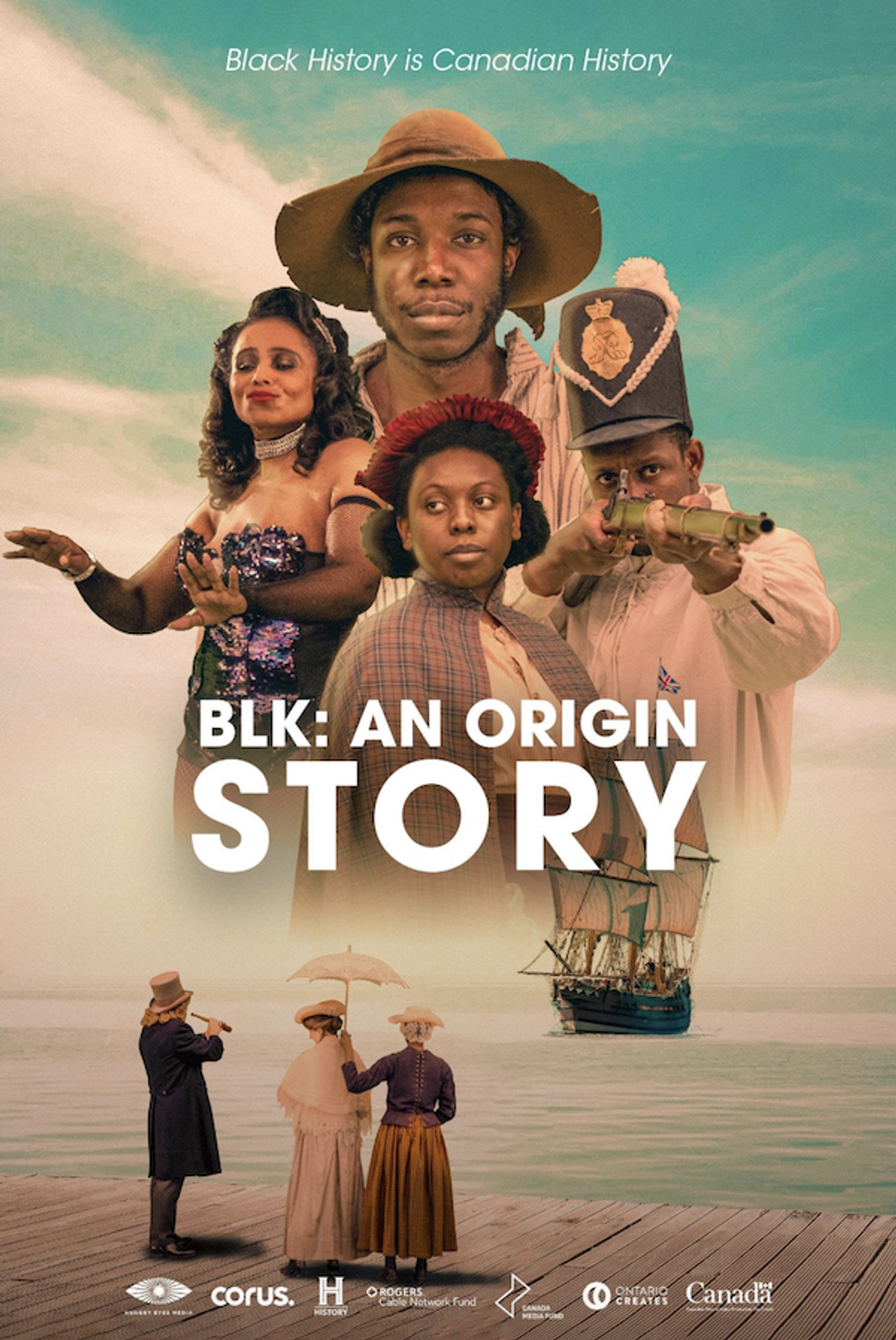
I had worked with producers Jennifer Holness and Sudz Sutherland on a few projects before, both doc and TV drama, and when they approached me about BLK, I jumped on it. The BLM protests were fresh in our minds, and it seemed like this film was especially important given the acute desire to see some lasting change.
This historical overview could really help people broaden their perspective on current events, especially younger folks I thought. I’m in.
My dramatic approach to composing serves me well in documentary work, as we are always just hoping to tell a good story too, but a film like BLK requires extra rigor. It begins with intense research. In thinking about the War of 1812, I listened to countless military marches of the day, but also the traditional music of the Maroons from Jamaica, so many of whom fought in that war.
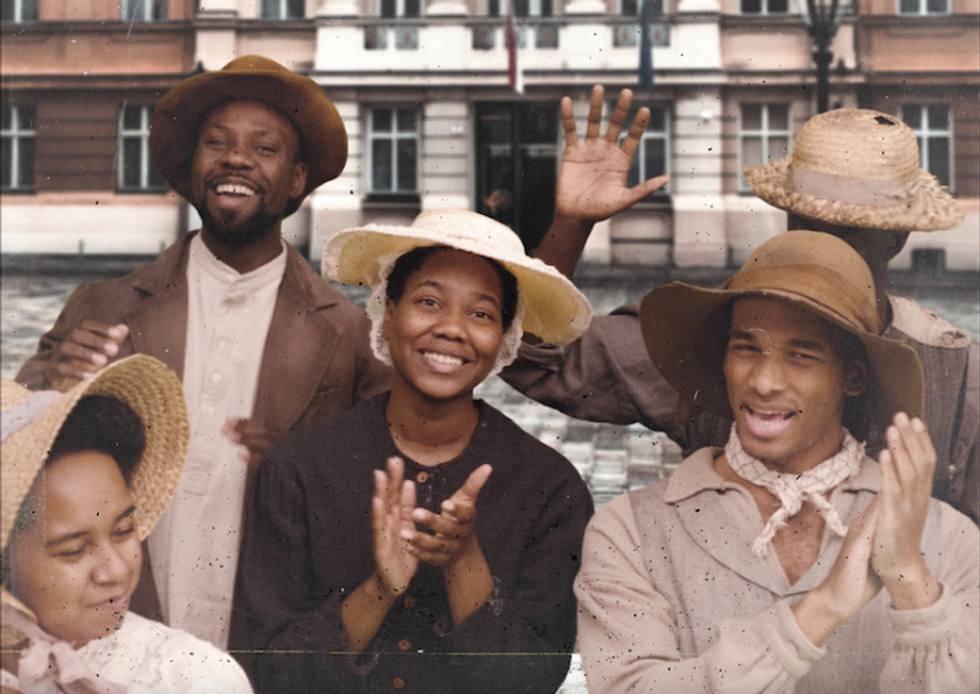
Another chapter of the film chronicles the rise of Little Burgundy, a predominantly black neighborhood in Montreal known as the Harlem of the North. In the 1930s and 1940’s it had a flourishing jazz scene that birthed pianist Oscar Peterson among others. So again, I’m off and running, listening to everything he recorded, and trying to learn as much as possible from his genius to inspire my own score.
We also veered into some hip-hop there too, treating the jazz influences like samples. Thank god I studied jazz piano as a kid and made hip-hop albums in the 90s. That experience helped me with that episode and It was this musical background that originally brought me to work with Sudz and Jen on their first doc over twenty years ago.
The four episodes of BLK were spotted with music wall to wall, and as you all know, the schedules on these kinds of projects can be pretty blistering. With three hours of music to create, I remember saying to our producers that it was no problem getting it all done on time, and then turning to my assistant saying I think we have a problem! I ended up needing a couple of assistants working miracles to help me get it delivered.
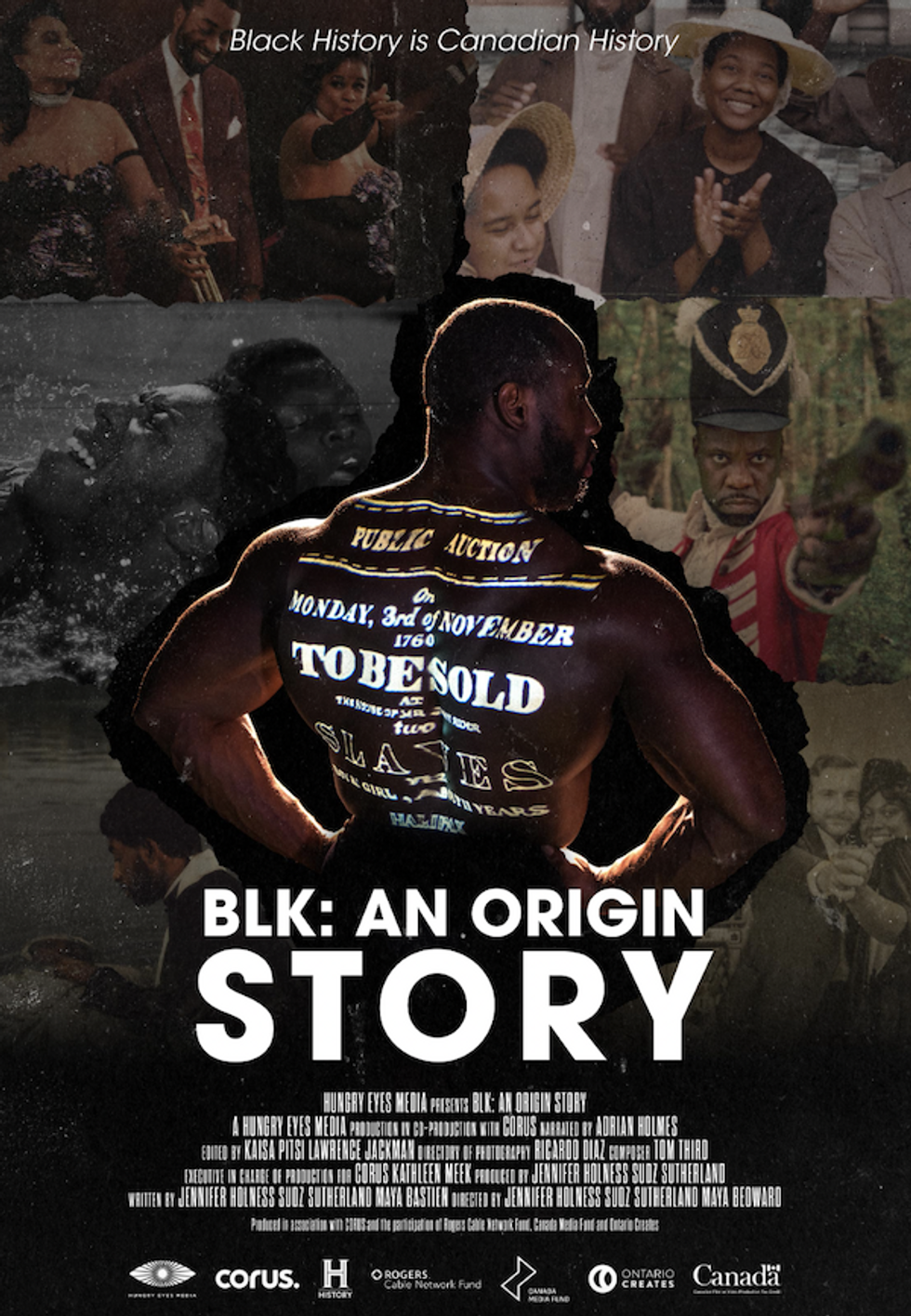
As it happened, because I was so interested in composing for BLK, I took it on although I was also deep in the final season of a dramatic series called Coroner. I suppose it should have been impossible with that schedule overlap to get them both done on time. Maybe it was impossible. Those were definitely long days, but when you’re working on something important it’s a lot easier to push on through despite the exhaustion. You just can’t stand the thought of letting your team down, when they’ve placed so much faith in you.
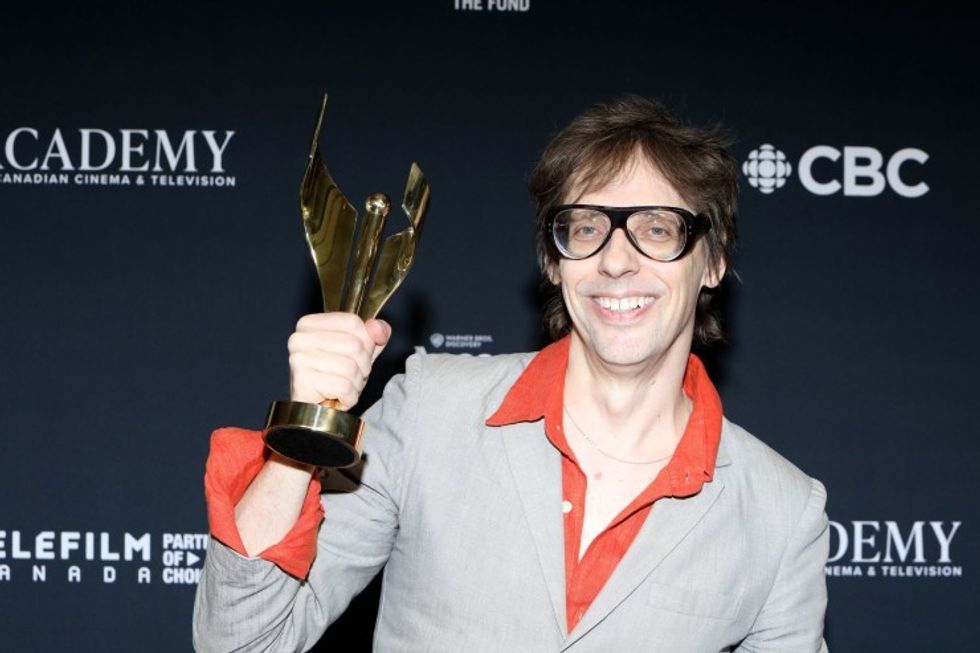
In the end, the team did ok. BLK was nominated for five Canadian Screen Awards, including music, and it won all five. Sort of an incredible night for us all. Coming off of that win, I’ve got three more feature docs in post-production: child abandonment, women’s Prison, and war crimes.
There’s more world-changing to do!
This post was written by Tom Third.











